YOUR Happiness center
Psychological Assessments
#ReachingOutIsAStrength
Understanding Relationary’s Clinical Psychology Assessments: A Comprehensive Guide
Introduction
Clinical psychology assessments are crucial for identifying, diagnosing, and treating various emotional, behavioral, and cognitive issues. This easy-to-understand guide will explain the importance of these assessments and how they contribute to better mental health and well-being.
What are Clinical Psychology Assessments?
Furthermore, our clinical assessments involve various evaluation techniques to understand a person’s cognitive, emotional, and behavioral functioning. Basically, these assessments help psychologists gather valuable information, leading to accurate diagnoses and customized treatment plans for each individual.
Types of Clinical Psychology Assessments
In addition, depending on the needs, there are several assessment types in clinical psychology, including:
- Intellectual Assessments: These tests measure cognitive abilities like problem-solving skills.
- Personality Assessments: Evaluations that explore a person’s personality traits, behaviors, and coping mechanisms.
- Neuropsychological Assessments: Assessments that focus on the relationship between the brain and behavior, identifying cognitive deficits resulting from neurological conditions or brain injuries.
- Behavioral Assessments: Evaluations that observe a person’s behavior in various situations to identify patterns and develop intervention strategies.
- Relational Assessments: These assessments are mainly a collaboration with the specialized counselors at Relationary.
- Vocational Assessments: Assessments that help determine strengths, interests, and abilities to guide informed career choices.
The Assessment Process
Generally, the clinical psychology assessment process typically involves these steps:
- Initial Consultation: During this phase, the psychologist gathers information about the individual’s background, concerns, and assessment goals.
- Test Selection: The psychologist picks appropriate assessment tools based on the person’s needs and issues.
- Test Administration: The psychologist administers the tests, including interviews, questionnaires, observations, and standardized measures.
- Test Interpretation: The psychologist analyzes the results, identifies patterns, and draws conclusions about the individual’s functioning.
- Feedback Session: The psychologist provides feedback on the findings, discusses potential diagnoses, and recommends tailored treatment plans.
- Report Writing: The psychologist documents the assessment results, interpretations, and recommendations in a detailed report.
The Benefits of Our Assessments
Our assessments and our process offer numerous benefits, such as:
- Accurate Diagnosis: Assessments provide insights that lead to accurate diagnoses and a better understanding of a person’s challenges.
- Personalized Treatment: With a comprehensive understanding of an individual’s needs, psychologists can develop tailored treatment plans to address specific concerns effectively.
- Progress Monitoring: Assessments evaluate treatment progress, determining the effectiveness of interventions and making necessary adjustments.
- Increased Self-Awareness: Through the assessment process, individuals can better understand their strengths and weaknesses, fostering personal growth and self-improvement.
Altogether, Relationary’s clinical psychology assessments are vital tools for understanding and addressing various emotional, relational. behavioral, and cognitive concerns. By undergoing these assessments, individuals can receive accurate diagnoses, tailored treatment plans, and the support they need to overcome challenges and enhance their mental health and wellbeing.
Ready?
Follow Us

